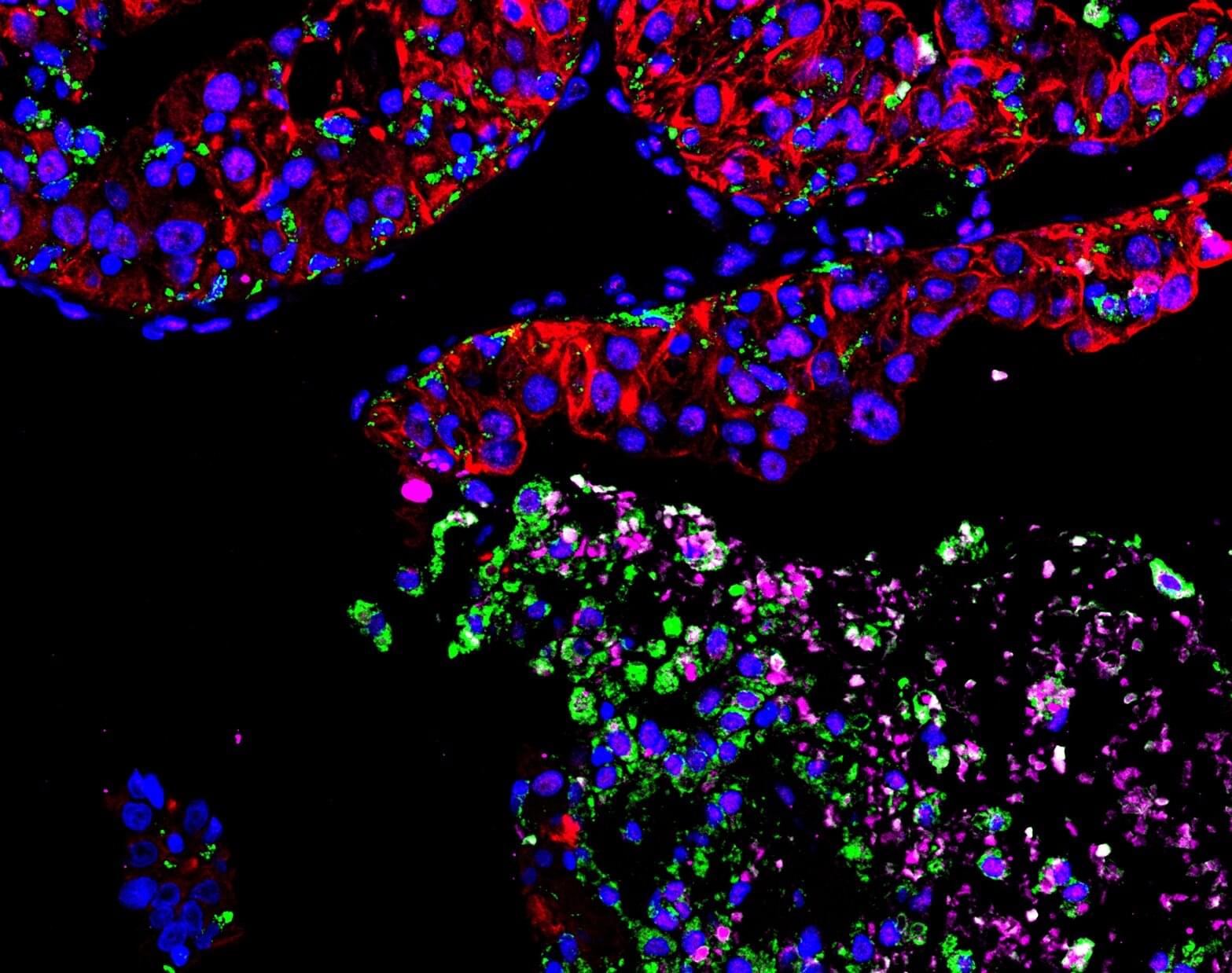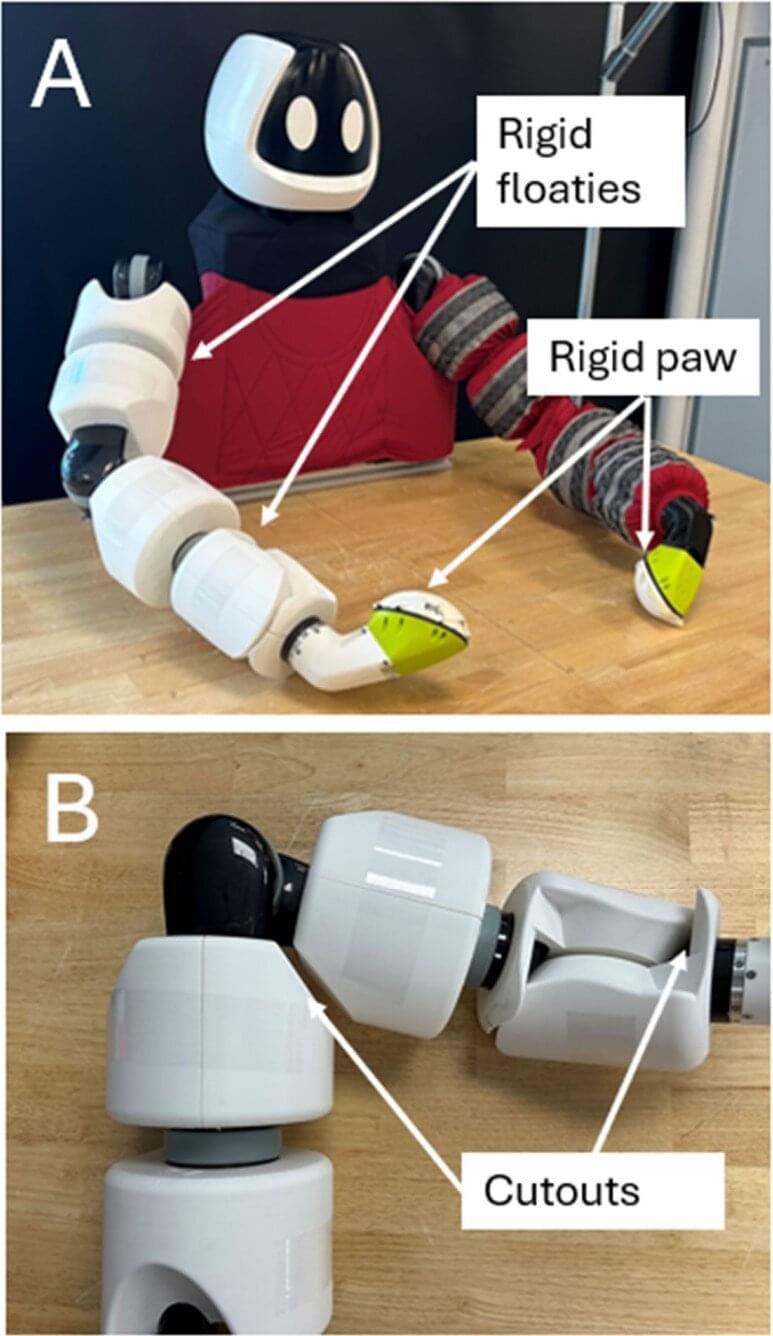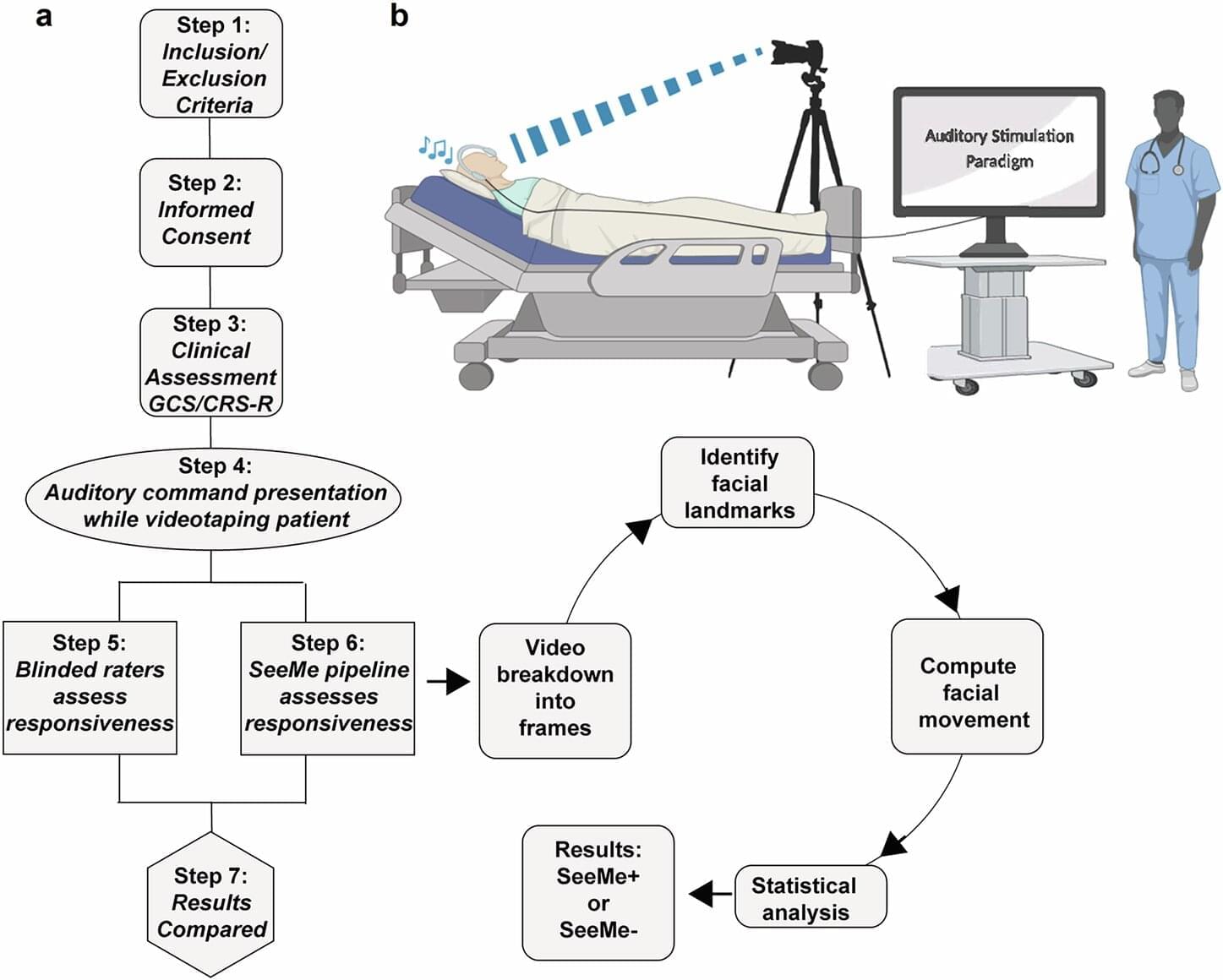WARNING: AI could end humanity, and we’re completely unprepared. Dr. Roman Yampolskiy reveals how AI will take 99% of jobs, why Sam Altman is ignoring safety, and how we’re heading toward global collapse…or even World War III.
Dr. Roman Yampolskiy is a leading voice in AI safety and a Professor of Computer Science and Engineering. He coined the term “AI safety” in 2010 and has published over 100 papers on the dangers of AI. He is also the author of books such as, ‘Considerations on the AI Endgame: Ethics, Risks and Computational Frameworks’
He explains:
⬛How AI could release a deadly virus.
⬛Why these 5 jobs might be the only ones left.
⬛How superintelligence will dominate humans.
⬛Why ‘superintelligence’ could trigger a global collapse by 2027
⬛How AI could be worse than nuclear weapons.
⬛Why we’re almost certainly living in a simulation.
00:00 Intro.
02:28 How to Stop AI From Killing Everyone.
04:35 What’s the Probability Something Goes Wrong?
04:57 How Long Have You Been Working on AI Safety?
08:15 What Is AI?
09:54 Prediction for 2027
11:38 What Jobs Will Actually Exist?
14:27 Can AI Really Take All Jobs?
18:49 What Happens When All Jobs Are Taken?
20:32 Is There a Good Argument Against AI Replacing Humans?
22:04 Prediction for 2030
23:58 What Happens by 2045?
25:37 Will We Just Find New Careers and Ways to Live?
28:51 Is Anything More Important Than AI Safety Right Now?
30:07 Can’t We Just Unplug It?
31:32 Do We Just Go With It?
37:20 What Is Most Likely to Cause Human Extinction?
39:45 No One Knows What’s Going On Inside AI
41:30 Ads.
42:32 Thoughts on OpenAI and Sam Altman.
46:24 What Will the World Look Like in 2100?
46:56 What Can Be Done About the AI Doom Narrative?
53:55 Should People Be Protesting?
56:10 Are We Living in a Simulation?
1:01:45 How Certain Are You We’re in a Simulation?
1:07:45 Can We Live Forever?
1:12:20 Bitcoin.
1:14:03 What Should I Do Differently After This Conversation?
1:15:07 Are You Religious?
1:17:11 Do These Conversations Make People Feel Good?
1:20:10 What Do Your Strongest Critics Say?
1:21:36 Closing Statements.
1:22:08 If You Had One Button, What Would You Pick?
1:23:36 Are We Moving Toward Mass Unemployment?
1:24:37 Most Important Characteristics.
Follow Dr Roman:
X — https://bit.ly/41C7f70
Google Scholar — https://bit.ly/4gaGE72
You can purchase Dr Roman’s book, ‘Considerations on the AI Endgame: Ethics, Risks and Computational Frameworks’, here: https://amzn.to/4g4Jpa5








